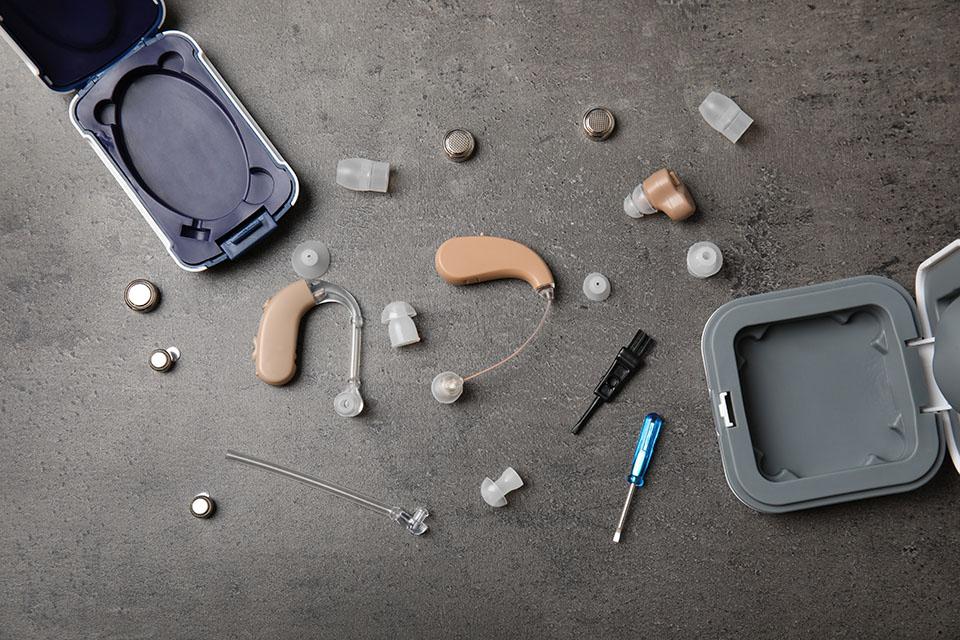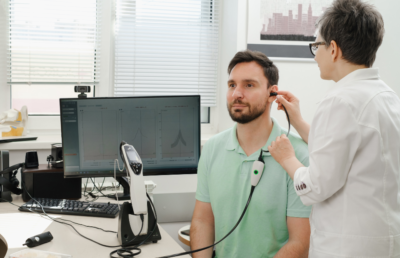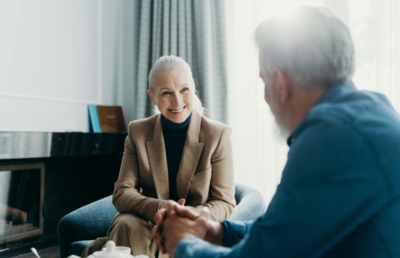On 9 July, President Joe Biden’s executive order instructed the Health and Human Services Secretary to expedite a rule that will allow Americans to purchase hearing aids over the counter rather than by prescription. The goal is to open up the industry to more competition and thus reduce prices.
The President directed the U.S. Department of Health and Human Services “to consider issuing proposed rules within 120 days for allowing hearing aids to be sold over the counter.” As President Biden’s order noted, a pair of hearing aids can cost up to $5,000 and usually isn’t covered by Medicare or most private insurers. One result is that only 14% of the approximately 48 million Americans with hearing loss use a hearing aid.
What does this mean for hearing aids?
When OTC hearing devices become available several months from now, you’ll be able to buy a low-cost device in the hundreds of dollars rather than the thousands of dollars that are typically required to work with a qualified health professional to achieve better hearing. This means buying hearing aids over the counter rather than by prescription—essentially, the same way you can buy reading glasses.
Hearing professionals utilize years of expertise and experience to walk each patient through a unique and personalized journey to better hearing. The investment typically includes the initial fitting, follow-up appointments, fine-tuning, and cleaning costs. Hearing aids, as well as the support of a hearing healthcare professional, are available at multiple price points and most audiologists can help with advice on financial matters and payment plans.
What is an OTC hearing aid?
Over-the-counter amplifiers are very different to traditional hearing aids. They do not require the oversight of a health professional, they are often self-fitting, and they offer a generic solution. A true hearing aid is a medical device set for your specific and unique needs by a professional with a license. OTC hearing aids are only meant for those with mild to moderate hearing loss. If your hearing loss is greater at any frequency, OTC hearing aids will not be an adequate solution. OTC hearing aids are also not recommended for children, as if it’s at all suspected that a child is experiencing hearing loss, hearing aids can hugely improve their quality of life.
How to decide if an OTC hearing device is right for you?
OTC hearing devices are not the right option for everyone — they’re only suitable for minimal hearing loss in selective environments. Many people who pursue this option will only find temporary relief in certain situations.
If you think you’re experiencing hearing loss, the only way to obtain an adequate diagnosis for your symptoms is to take a hearing test conducted by a professional audiologist. Audiologists are highly skilled hearing health professionals who provide care for people of all ages. They can conduct thorough tests to determine the degree of your hearing loss, explain the results, and work with you to make a plan to help manage your hearing loss. They will be your biggest ally in your battle for better hearing.
In our previous blog posts, we’ve looked at why you should get your hearing aids fitted by and experienced audiologist, as well as 10 tips to know before buying hearing aids. If you’re experiencing hearing loss, a hearing test is the only solution that can tell you what is happening to your hearing and what kind of treatment you need. Our office has a wide range of solutions with a wide range of prices.
If you’re experiencing hearing loss symptoms, don’t hesitate to get in touch with us and schedule an appointment for a hearing test today!




